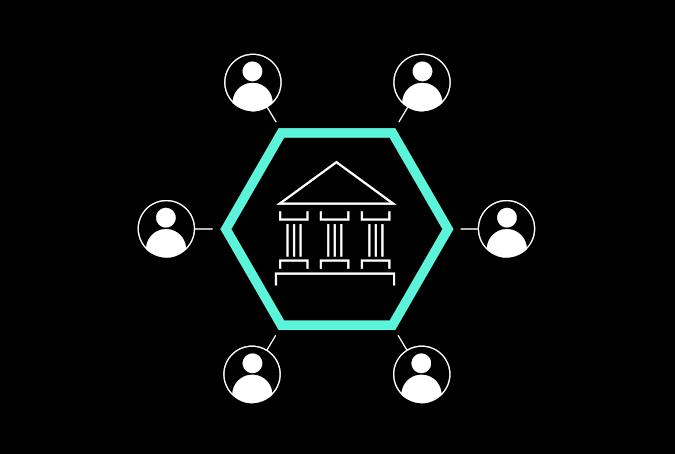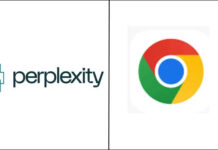DPI, or Decentralized Personal Insight, is a compelling emerging concept that blends personal data sovereignty with AI-driven utility. At its core, DPI is about giving individuals control over their personal data—where it’s stored, who can access it, and how it powers intelligent services—without relying on centralized gatekeepers like Big Tech.

Here’s how it’s reshaping what AI can do for individuals:
1. Shifting Ownership of Insight
Traditional AI services depend on data housed by companies (e.g., Google, Meta). DPI flips this model:
-
Your data stays with you—often on decentralized storage systems like IPFS or blockchain-based networks.
-
Insights are generated locally or via zero-knowledge proofs, so AI can work without “seeing” your raw data.
Impact: Individuals can receive personalized recommendations, diagnostics, or predictions without sacrificing privacy.
2. Enabling Portable, Context-Rich AI
With DPI, your preferences, behavior history, and contextual data are stored in a self-sovereign data vault or personal data pod (e.g., Solid project). This allows:
-
AI agents to move with you across platforms, devices, and services.
-
Context-aware computing: AI becomes far more useful because it has persistent memory that you curate and update.
Example: A decentralized AI health assistant could track symptoms, sleep, and diet over years—on your terms—and offer richer, longitudinal insights.
3. Fueling Trustworthy Personal Agents
DPI paves the way for AI agents that truly work for you, not advertisers or platforms.
-
Agents can negotiate on your behalf (e.g., in commerce or contracts), make decisions aligned with your goals, or filter information based on your values.
-
Since the AI draws on your verified, encrypted personal insights, it becomes far more accurate and aligned.
Implication: Think of a digital twin that reflects your goals, not just your clicks.
4. Unlocking Federated Intelligence
DPI pairs well with federated learning and edge AI, letting your AI learn from trends across a population without sharing your private data.
-
Your AI gets smarter by learning from patterns in the network—yet your data never leaves your device.
-
This creates a decentralized collective intelligence while preserving individual privacy.
5. Economic Empowerment via Data Monetization
Since DPI gives you control over your data, it enables user-centric data marketplaces:
-
You can selectively license insights—not raw data—to researchers, marketers, or services.
-
Smart contracts can enforce compensation and transparency.
Result: Individuals participate in the AI economy, not just as subjects but as stakeholders.
In Summary,
DPI represents a foundational shift from AI-as-a-service to AI-as-a-right—personal, private, and portable. It unlocks more powerful, nuanced, and ethical AI by ensuring that the individual—not the platform—is the core source and beneficiary of intelligence.



![[Galaxy Unpacked 2025] A First Look At The Galaxy Z Fold7](https://www.techquery.ng/wp-content/uploads/2025/07/EC5C9262-C536-4F53-BAB3-5B53771FD5F6-183x150.png)








































